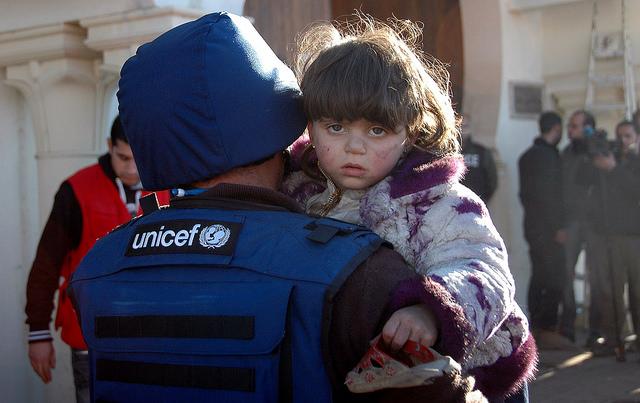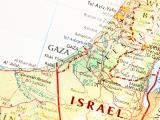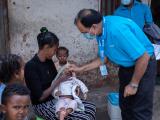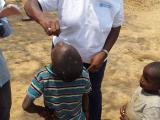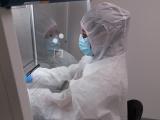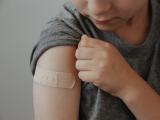Five more vaccine-derived polio cases have been confirmed in Syria, and vaccine shipments are on their way to the region, with the first of two immunization campaigns slated to begin next week, the World Health Organization (WHO) said in its latest update.
The new circulating vaccine-derived poliovirus type 2 (cVDPV2) cases lift the outbreak total to 22, all but 1 of them in Deir ez-Zor governorate, with the other in Raqqa governorate.
Michel Zaffran, MEng, WHO director of polio eradication, said today in a Facebook Live question-and-answer session that the logistical constraints for getting vaccine to the conflict area are complicated, but health officials hope to immunize as many children as possible in two campaigns targeting both Deir ez-Zor and Raqqa.
76 AFP cases in 2 governorates
The most recent case-patient had paralysis onset on May 25. So far, Deir ez-Zor has reported 66 acute flaccid paralysis (AFP) cases. Those cases are in three of the governorate's districts: Mayadeen (55), Deir ez-Zor (6), and Boukamal (5).
Meanwhile, Raqqa governorate has reported 10 AFP cases in two districts: Raqqa (5) and Talabyad (5). The most recent paralysis onset in Raqqa is May 3.
Vaccine on its way
The WHO said Syria's health ministry and its international partners will conduct two immunization rounds in Deir ez-Zor and the southern part of Hasaka governorate with monovalent oral polio vaccine (OPV) type 2, the first one starting Jul 8 targeting 328,000 resident and refugee children under age 5.
The second round will involve inactivated polio vaccine (IPV), with the goal of reaching 114,500 children ages 2 to 24 months. A total of 355 vaccination teams and 61 supervisors are on standby.
Plans for immunizing children in Raqqa haven't been finalized yet, because of ongoing military operations, the WHO said. The city of Raqqa is currently held by the terrorist group ISIS.
OPV shipments were due to arrive in Beirut yesterday and will be transported by road to Damascus, with arrival in Deir ez-Zor slated for the middle of next week.
UNICEF has taken steps to obtain IPV shipments, and communication activities surrounding the launch of the vaccine campaign started this week.
In its update, the WHO acknowledged several problems that could occur if the conflicts and power shifts escalate in Syria. It also noted that in the past, vaccine refusal has been a challenge in Deir ez-Zor, with some families very reluctant to have their children receive IPV.
See also:
Jun 27 WHO update
Jun 20 CIDRAP News scan "Fifteen more polio cases reported in Syria"
Jun 29 Facebook live Q and A
